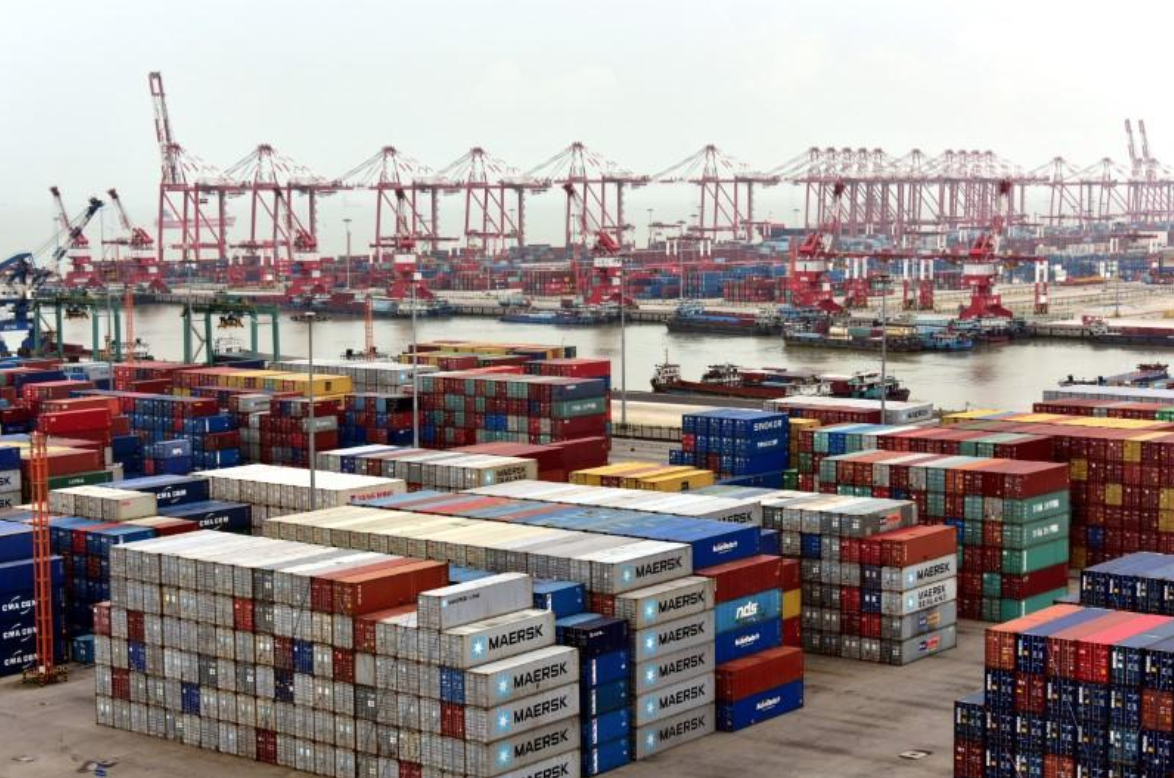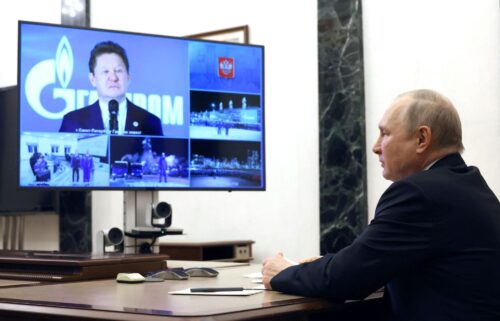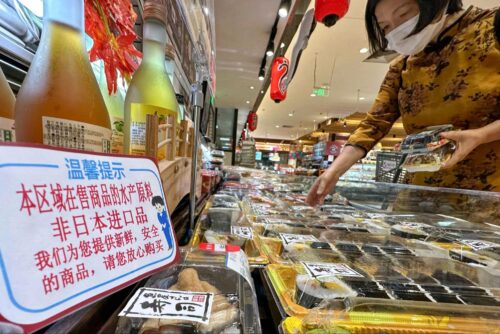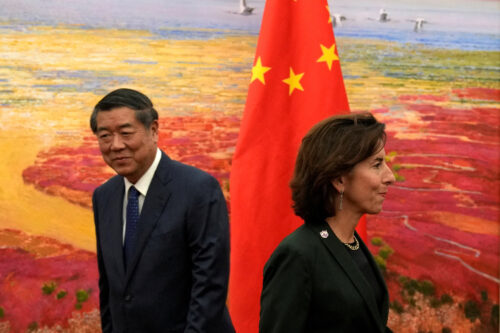Trump’s tariffs toughen up as China urges a rational approach to trade


The tariffs are coming. Last week, we reported on Trump’s threat to slap up to $60 billion in tariffs on Chinese imports if China failed to cut $100 billion from its $375 billion trade surplus, in keeping with the American president’s view of trade as a “zero-sum game,” which he is obsessed with winning. It appears that was no empty rhetoric, with sources now saying that the tariffs will likely be announced by this Friday, March 23, according to Reuters.
- The reported targets haven’t changed: The tariff plan would broadly target sectors that have benefited from American intellectual property, and could ultimately affect up to 100 products from a range of industries.
- There may be a public comment period, one source told Reuters, which would delay the introduction of the tariffs and giving businesses and industry groups an opportunity to further express their concerns. That would contrast with the speedy implementation of U.S. tariffs on steel and aluminum that will take effect on Friday.
- “I hope both China and the U.S. will act rationally, and not be led by emotions, and avoid a trade war,” Chinese Premier Li Keqiang said at the press conference wrapping up the National People’s Congress, urging a measured approach. Li also touted China’s efforts to further open its markets to imported goods and services, the Washington Post reports.
- Formal trade negotiations are in limbo between the U.S. and China, although a top U.S. Treasury official reversed an earlier statement about giving up on resuming the ‘Comprehensive Economic Dialogue’ between the two countries while at the G20 meeting in Buenos Aires, where concerns over American trade policy and a potential trade war with China overshadowed the two-day gathering.
- What impact will China’s new government reshuffle have in this climate? Wang Qishan’s appointment to vice president will see U.S.-China relations fall under his purview, and he previously served as Hu Jintao’s special representative for the U.S.-China Strategic and Economic Dialogue during the global financial crisis. However, progress could be hampered by internal competition for influence with newly appointed vice premier Liu He, as noted in yesterday’s newsletter.





